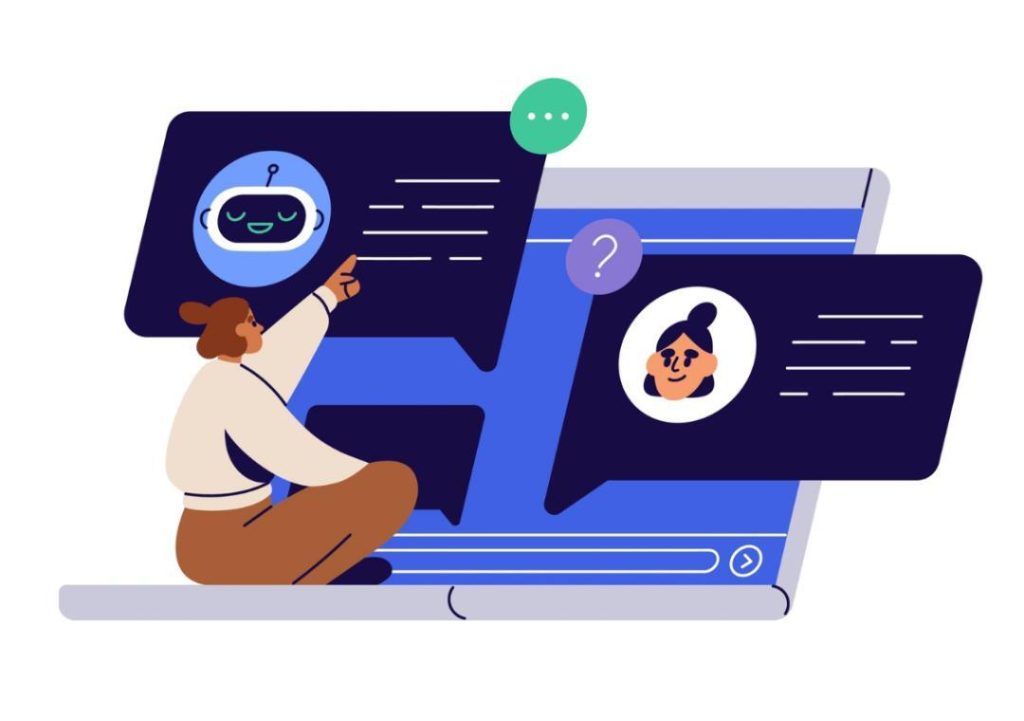
From Guesswork to Growth Loops: How AI Copilots are Revolutionizing Marketing
In the world of marketing, it’s not uncommon to see teams relying on guesswork and intuition to make decisions. This approach often leads to campaigns that may or may not yield the desired results, leaving teams wondering what went wrong and how to improve. However, with the advent of AI copilots, the game has changed. These innovative tools are constantly learning from user behavior, adapting campaigns in real-time, and providing marketers with better attribution models and AI-driven insights.
In a recent development, India has witnessed the launch of its first AI copilot for marketing, marking a significant milestone in the country’s marketing landscape. This revolutionary technology has the potential to transform the way marketing teams operate, enabling them to focus on what truly drives results – rather than relying on guesswork and intuition.
The traditional approach to marketing often involves creating a campaign, launching it, and then analyzing the results. However, this approach has several limitations. For instance, it may take weeks or even months to gather insights on a campaign’s performance, which can be too late to make meaningful changes. Moreover, the data collected may be incomplete or biased, leading to inaccurate conclusions.
AI copilots, on the other hand, offer a more agile and data-driven approach to marketing. These tools use machine learning algorithms to analyze vast amounts of data, including user behavior, preferences, and feedback, to provide real-time insights on campaign performance. This allows marketers to make data-driven decisions, adjust their campaigns accordingly, and optimize their marketing strategies for better results.
One of the key benefits of AI copilots is their ability to provide better attribution models. Traditional attribution models often rely on simplistic assumptions, such as attributing 100% of the credit to the last touchpoint or the first touchpoint. However, AI copilots can analyze complex data sets to provide a more accurate picture of which marketing channels and campaigns are driving the most value.
AI copilots can also help marketers identify patterns and trends in user behavior, allowing them to create more targeted and effective campaigns. For instance, an AI copilot might analyze a brand’s social media data to identify which types of content are resonating with their audience, and then use this information to create more engaging content.
Another significant advantage of AI copilots is their ability to adapt to changing user behavior in real-time. Traditional marketing strategies often rely on static campaigns that are launched and then left to run their course. AI copilots, on the other hand, can analyze user behavior in real-time, making adjustments to campaigns as needed to optimize performance.
The launch of India’s first AI copilot for marketing marks a significant milestone in the country’s marketing landscape. This technology has the potential to transform the way marketing teams operate, enabling them to focus on what truly drives results – rather than relying on guesswork and intuition.
In conclusion, the shift from guesswork to growth loops is a significant one, and AI copilots are at the forefront of this revolution. By providing marketers with better attribution models, AI-driven insights, and the ability to adapt to changing user behavior in real-time, these innovative tools are empowering marketers to make data-driven decisions and drive meaningful results.
As the marketing landscape continues to evolve, it’s likely that we’ll see more brands embracing AI copilots to optimize their marketing strategies. With this technology, marketers will be able to focus on what truly drives results – rather than relying on guesswork and intuition. The future of marketing is here, and it’s all about growth loops.
Source: https://www.growthjockey.com/blogs/india-gets-its-first-ai-copilot-for-marketing






